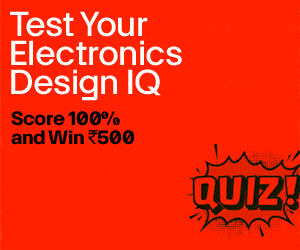Ultraviolet (UV) robots or UV-disinfection (UVD)robots are used as part of the regular cleaning cycle to prevent and reduce the spread of infectious diseases, viruses, bacteria, and other types of harmful organic microorganisms in the environment. UVD robots employ non-touch technique to deliver disinfection by irradiation to kill microorganisms.
There are generally two types of UV robots: remote controlled and autonomous. Both of these are commonly found in hospitals and targetted areas.
Remote controlled UV robot is controlled by a human operator and sent to various places in hospitals wherever disinfection is required by manually pressing a button to emit ultravoilet rays to kill microorganisms and sterilise the area. An autonomous UV robot, after setting the parameters like surface distance and UV exposure time for each area, moves on its own and emits UV-C irradiation in the targetted areas.
UV radiation spectrum is divided into three categories called UV-A, UV-B and UV-C. The UV robots use UV-C light for sterilisation, which is used as a key element to fight the novel Corona virus.

Most UV robots work in an unmanned fashion, without the need for human presence at the disinfection site. This considerably helps avoid exposure of healthcare workers to harmful UV radiation. Many UV mobile robots are used to disinfect risky contagion areas in hospitals, such as surgical operating rooms, toilets, patient rooms, bathrooms, etc.








